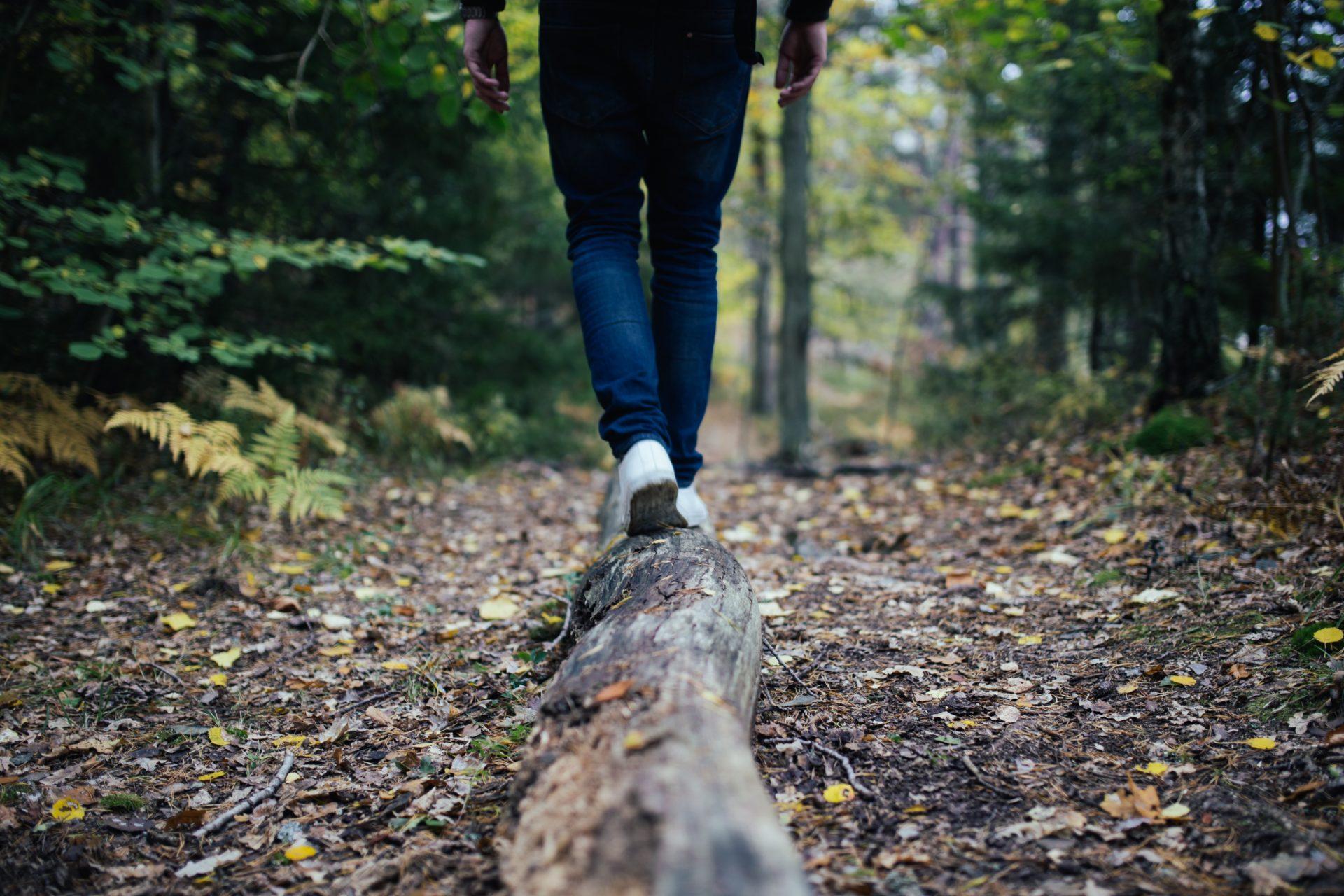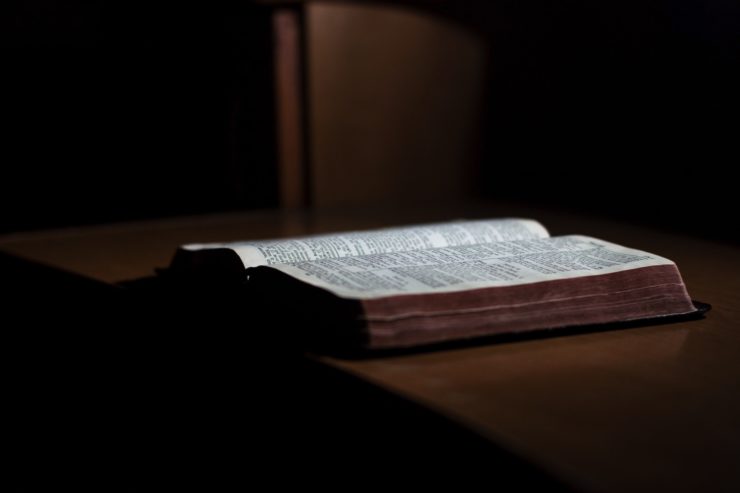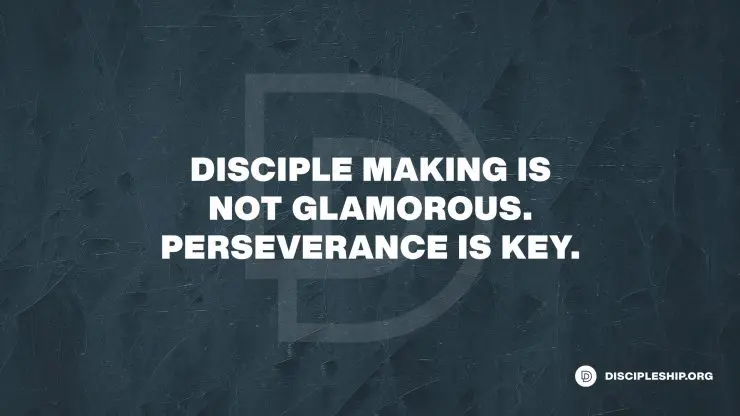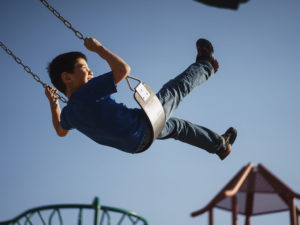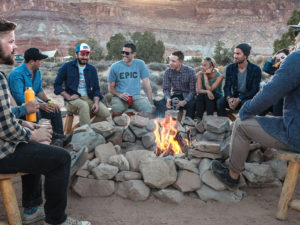Transformation and Unhurriedness
The Slow Life is built on a commitment to unhurriedness and the practices of silence, Sabbath, and hospitality, which allow us to come to God and be renewed by God. Unhurriedness is perhaps harder to nail down, less concrete than the other practices, and yet The Slow Life begins with a commitment to unhurriedness.
The essence of unhurriedness is living at a speed at which you can be fully present, without undue regret over the past nor anxiety about the future, with enough margin to be fully aware and present with who Jesus is and what he is doing around you. It is a posture of heart and mind which Alan Fadling calls “walking at Jesus’ pace of grace.”[1] It means creating space for your soul to deal with and release the anxieties that naturally build up within us, and it’s at the heart of Jesus’ practical picture of life in the Kingdom of God.[2] And it is a posture which takes time and practice to cultivate.
Unhurriedness is different than a mere lack of busyness. You can have a lot to get done yet have a heart posture of unhurriedness in the midst of it. And while you can be busy without being hurried, you can have little to do and yet be hurried in the midst of it. At the same time, unhurriedness generally requires discipline which keeps us from being continually busy or over-busy, and that will often mean adjusting our schedules, embracing our limits, and saying “no” to certain commitments. Thus, while unhurriedness is a commitment to a posture of heart and mind, it will generally entail concrete changes to our daily, weekly, and yearly schedule.
How does this posture of unhurriedness fuel spiritual life in God? Well, imagine a walk in the woods. You’re on a three-mile loop and you’re walking for time, trying to get back to the trailhead in half an hour. You’re focused on quick, long strides and maintaining a consistent pace. Tree roots across the path are hurdles to be jumped, branches are obstacles to be avoided. You are focused on your quickened breathing and your heartbeat.
Now imagine taking the same walk, but with three hours to spare. You set an entirely different pace, much slower. Would your experience be different? From my own experience on such walks, I’m amazed at how much I miss when moving at a fast pace. When I slow down, the tree roots cease to be obstacles to be avoided and become instead works of art to be appreciated. At a certain pace, I am free to become aware of the way the branches and leaves move in the wind. I see the light diffracting through the canopy, filtering down to the forest floor. The point is, our experience of life is different when we are moving at different speeds. The brain functions differently when we are focused on getting somewhere or getting something done versus on being present and aware of where we are.
Now, of course not all hours or days or even weeks can be like that second walk, but can many or even most of them? Or, can at least a part of each day be like that second walk? Because it’s precisely on that walk that we become open to God in a different way. When we are not focused on just getting something down or getting there, we can hear the voice of God with more sensitive ears. Indeed, when we move at a pace in which our brain can focus on listening rather than on task, our hearts have space to flower outward.
This is precisely the point of The Slow Life and of a commitment to unhurriedness: it allows us to see and hear Who God is and what God is speaking. If you don’t have space to see or hear Who God is, there is little catalyst for transformation. There is no transformation without encounter and there is generally little encounter if space is not made to hold the encounter. Thus, we need to move at a pace conducive to encounter. This does not mean God cannot break through to us in all sorts of times or places. It’s just a lot easier to hear and focus on the radio when you’re sitting in a parked car than it is at 80 miles an hour weaving through traffic. The same dynamic applies in our spiritual lives.
Written by Brandon Cook
Brandon Cook is the lead pastor at Long Beach Christian Fellowship and a co-founder of The Bonhoeffer Project. Originally from Birmingham, Alabama, he studied at Wheaton College (IL), Jerusalem University College, Brandeis University, and The Oxford Centre for Hebrew and Jewish Studies. He worked as a professional storyteller before joining a transformational training organization and moving to SoCal in 2006, becoming a pastor three years later. Over the course of five years of pastoring, he became convinced that his work—and the work of the church—is to become fully committed to discipleship and making disciple-makers. The Bonhoeffer Project is for him a quest to live into the question “How are people transformed to live and love like Jesus?”
NOTES
[1] See Alan Fadling, The Unhurried Leader, IVP Books, 2017. See also The Unhurried Life by Alan Fadling, IVP Books, 2013.
[2] See the Sermon on the Mount, Matthew 5-7, especially Matthew 6:26ff
Photo by Jon Flobrant on Unsplash
